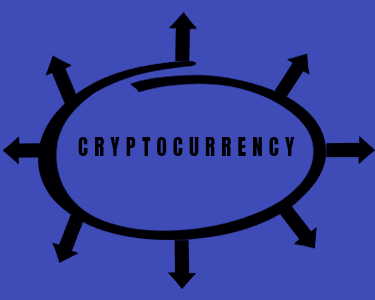Welcome to our exploration of decentralization, a fundamental concept shaping the future of technology, finance, and society. In this blog post, we’ll delve into the meaning of decentralization, its importance, and its implications for various industries and applications.
Understanding Decentralization
Decentralization refers to the distribution of power, authority, and decision-making across a network of participants, rather than concentrating it in a single central authority or entity. In decentralized systems, no single entity has control or ownership over the entire network, promoting autonomy, resilience, and inclusivity.
Key Characteristics of Decentralization
Distribution of Authority: Decentralized systems distribute authority and decision-making among network participants, preventing any single entity from exerting disproportionate control over the network.
Resilience: Decentralization enhances the resilience of systems by eliminating single points of failure. Even if individual nodes or components fail, the network as a whole remains operational and functional.
Autonomy: Participants in decentralized systems have autonomy over their actions and resources, enabling greater freedom of expression, innovation, and collaboration.
Transparency: Decentralized systems often provide transparency through open access to information and public verifiability of transactions and operations, fostering trust and accountability among participants.
Examples of Decentralization
Blockchain Technology: Blockchain is a prime example of decentralization, where transactions and data are recorded and verified by a distributed network of nodes, rather than a single central authority. Bitcoin and Ethereum are prominent examples of decentralized blockchain networks.
Decentralized Finance (DeFi): DeFi is a movement that aims to recreate traditional financial services such as lending, borrowing, and trading in a decentralized manner, without the need for traditional intermediaries like banks or brokers. DeFi platforms operate on blockchain networks and leverage smart contracts to automate and enforce financial transactions.
Decentralized Autonomous Organizations (DAOs): DAOs are organizations governed by smart contracts and token holders, rather than centralized authorities or management structures. DAOs enable collective decision-making, resource allocation, and governance without the need for intermediaries.
The Importance of Decentralization
Security: Decentralization enhances security by reducing the risk of single points of failure and malicious attacks. Distributed systems are more resistant to censorship, manipulation, and unauthorized access.
Inclusivity: Decentralization promotes inclusivity by providing equal opportunities and access to resources for all participants, regardless of geographic location, socio-economic status, or institutional affiliation.
Innovation: Decentralized systems foster innovation by empowering individuals and communities to experiment, collaborate, and create without the constraints of centralized control or bureaucracy.
Read more about blockchain on Web30
Disclaimer: Remember that nothing in this article and everything under the responsibility of Web30 News should be interpreted as financial advice. The information provided is for entertainment and educational purposes only. Investing in cryptocurrency involves inherent risks and potential investors should be aware that capital is at risk and returns are never guaranteed. It is imperative that you conduct thorough research and consult with a qualified financial advisor before making any investment decision.





